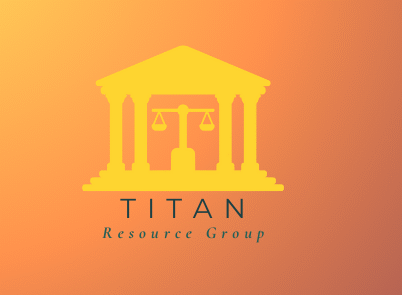📄 What Is a Judgment and How Does It Work?
Simple Answers to Help You Understand the Process — Whether You’re Owed Money or Owe a Debt
If you’ve ever heard the term “court judgment” and weren’t sure exactly what it means (or what to do about it), you’re not alone. Whether you’re a creditor trying to recover what you’re owed, or a debtor facing a judgment, understanding how the process works is the first step toward resolution.
Here’s a clear breakdown of what a judgment is, how it happens, and what your options are on either side of the situation.
⚖️ What Exactly Is a Judgment?
A judgment is a court decision that formally states one person or business owes money to another. It typically follows a lawsuit where the court agrees that the creditor (the person owed money) has a legal right to collect a specific amount from the debtor (the person who owes the money).
Once a judgment is entered, it becomes a legal debt — but that doesn’t mean the money automatically changes hands. It simply gives the creditor the right to pursue collection through legal methods.
🏛️ How Does a Judgment Happen?
The judgment process usually follows these steps:
The creditor files a lawsuit against the debtor.
The court hears the case and makes a ruling.
If the creditor wins, the court issues a judgment stating the amount owed.
If the debtor doesn’t respond or show up in court, the creditor may receive a default judgment, which still allows them to enforce collection.
🚩 What Can Creditors Do with a Judgment?
Once a judgment is entered, creditors may use several legal tools to collect the debt, such as:
Wage garnishment (taking part of the debtor’s paycheck)
Bank account levy (freezing and withdrawing funds from the debtor’s bank account)
Property liens (placing a claim against real estate or other assets)
Settlement offers or payment plans (negotiating for partial payment to resolve the debt)
👉 Note: Many creditors are open to settlements or structured payment plans to avoid lengthy and expensive legal enforcement.
🤝 What Are a Debtor’s Rights After a Judgment?
Just because a judgment has been issued doesn’t mean you’re out of options. As a debtor, you have the right to:
Propose a settlement offer for less than the full amount.
Request a payment plan that fits your financial situation.
Challenge certain collection actions if they are improper or exceed legal limits.
The worst thing you can do is ignore the judgment — being proactive gives you more control and more options.
💡 Why Understanding the Judgment Process Matters:
For creditors: Knowing your rights and options helps you recover what you’re owed without wasting time or money on ineffective strategies.
For debtors: Understanding the process helps you avoid legal consequences and work toward a fair resolution.
🚀 Need Help with a Judgment?
Whether you’re owed money or facing a judgment, Titan Resource Group is here to help you navigate the process with clarity, respect, and real solutions.
